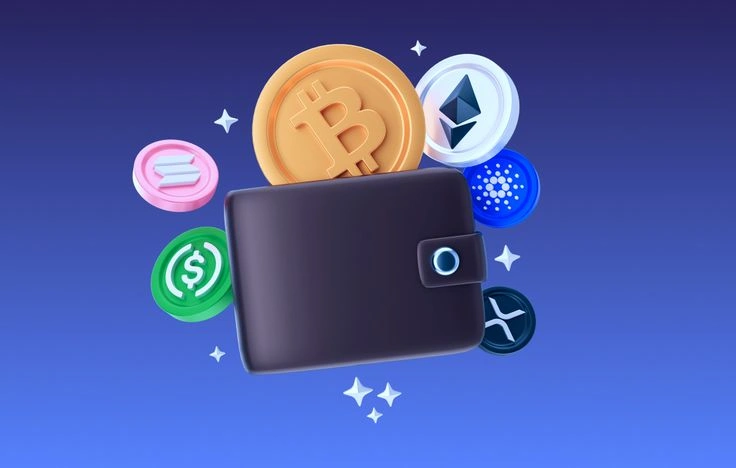How Web3 Lifestyle Trends Are Quietly Reshaping Our Spending Habits
It’s no secret the Web3 wave has been rolling in strong—but here’s what’s surprising: it’s not just changing how we work or invest, it’s also reshaping the way we spend. Web3 lifestyle trends are weaving themselves into daily life in ways that go beyond blockchain headlines and crypto hype.
Look closely and you’ll notice—Web3 users are developing new habits, ones that lean heavily on community, decentralized ownership, and digital-first experiences. But how exactly are these trends influencing their wallets? Let’s dive in.
Digital Ownership Is Driving New Priorities


Ownership used to mean holding a physical object—your car, your house, your vinyl record collection. But with Web3, the idea of owning something has shifted.
NFTs (yes, still a thing), DAO memberships, tokenized assets—these are reshaping what people value. Users aren’t just buying to consume anymore; they’re buying to belong, to support causes, or to speculate on the next big thing.
This shift is pulling spending away from traditional consumer goods and towards digital assets. You might find someone skipping the latest iPhone upgrade in favor of investing in a community-governed social platform—or buying a digital collectible that unlocks exclusive content. It sounds niche… but it’s catching on.
Web3 Lifestyle Trends Are Redefining “Saving”


Weirdly enough, saving money has become cool again—but not in the way your parents did it.
Web3-savvy users are putting their funds into DeFi protocols, liquidity pools, and yield-generating tokens instead of traditional savings accounts. Why? Because the returns can be wild (high risk, high reward). Sure, some of it’s speculative—but there’s a growing mentality that traditional finance just isn’t cutting it anymore.
And then there’s staking—locking up your crypto for a set period to earn rewards. It’s like a savings plan… if your bank ran on code and Reddit threads.
Some folks call it financial empowerment. Others? Just another bubble waiting to pop. Depends who you ask.
Subscription Models Are Getting a Web3 Makeover


Here’s a fun twist: remember how everyone was complaining about subscription fatigue? Now imagine choosing to pay more each month because it gives you a vote in how the platform evolves. That’s what DAOs (Decentralized Autonomous Organizations) and tokenized platforms are enabling.
Web3 users are backing platforms they believe in—think Patreon, but on-chain. The difference? Instead of just being a supporter, you’re a stakeholder.
You might pay for access to a decentralized music platform or subscribe to a creator’s tokenized community, not just for content, but for governance rights. It’s part support, part investment, part identity.
Sure, it’s still niche. But as platforms like Lens, Mirror, and others keep growing, this model could become a lot more familiar than we think.
Minimalism, But Make It Digital

Another subtle trend? A leaner, more intentional approach to consumption.
Some Web3 users, after seeing wild swings in the crypto space (hello, bear market survivors), are shifting from “buy everything now” to “let’s be smart about this.” They’re more likely to ask:
Do I need it?
Is it sustainable?
Can I support a decentralized alt instead?
It’s not everyone—but there’s definitely a growing camp that sees Web3 not just as a tech movement, but a values-based one. Less clutter, more purpose.
Call it digital minimalism… with a Web3 twist.
Web3 Lifestyle Trends Aren’t Just Tech—They’re Culture
At the end of the day, Web3 lifestyle trends are about more than money. They reflect a broader shift in how people view value, ownership, and community.
Spending is becoming more intentional, more experimental—and in some ways, more collective. It’s no longer just about what you buy, but why and where you’re putting your trust (and your coins).
Of course, not every Web3 user is riding this wave in the same way. Some are all-in, others are just dipping toes. But one thing’s clear: as the Web3 world continues to evolve, so too will the habits of those living in it.
And who knows—maybe your next “splurge” won’t be on Amazon, but on a DAO membership that gives you a say in the future of internet culture. Sounds weird… but kind of exciting, right?
RELATED NEWS : HERE




